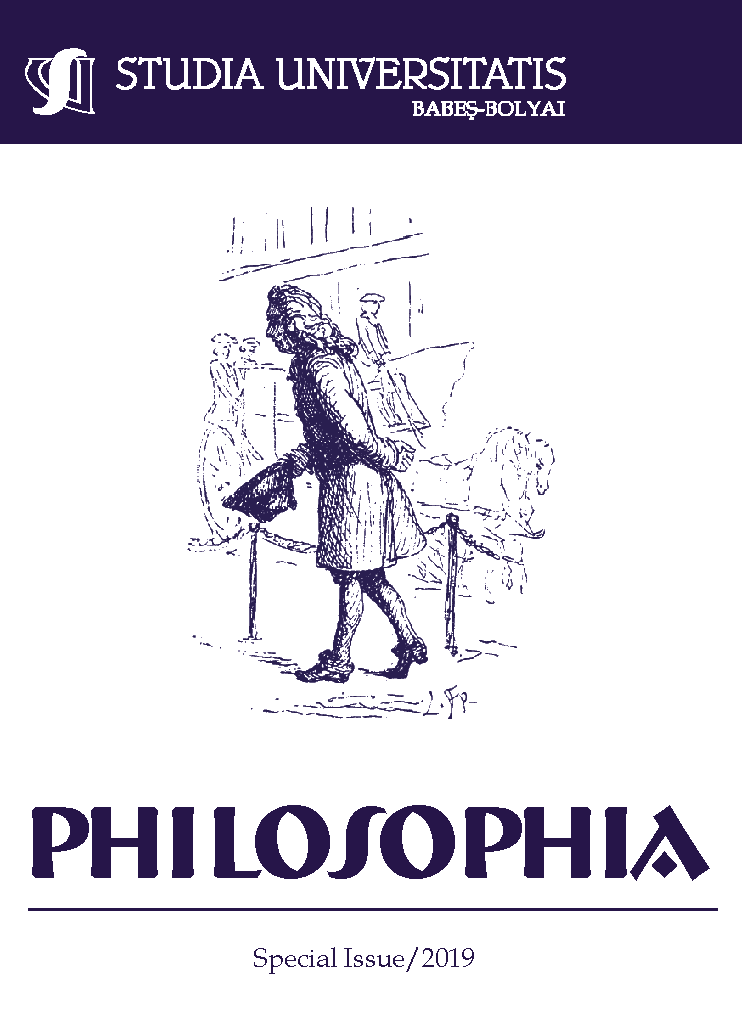THE LIMITS OF THE FORMAL TREATMENT OF LANGUAGE
DOI:
https://doi.org/10.24193/subbphil.2019.spiss.07Keywords:
natural language, formal language, context, valuation, interpretationAbstract
The Limits of the Formal Treatment of Language. Within the philosophy of language, there is a distinction between the natural language philosophers and the ideal language philosophers. The distinction is drawn based on the way these philosophers reflect on language and the world. Natural language philosophers stress the context-based feature of meaning, while the ideal language philosophers emphasize the context-free feature of meaning. In my study I want to show that that even within the formal study of language, in the apparent absence of any context, the notions of valuation and interpretation help us to understand the meaning of sentences.
References
Dummett, Michael, The Logical Basis of Metaphysics, Harvard University Press, 1994.
Haack, Susan, Philosophy of Logics, Cambridge University Press, 1978.
Kirkham, Richard, L., Theories of Truth. A Critical Introduction, MIT Press, 2001.
Madarász Tiborné–Pólos László–Ruzsa Imre, A logika elemei, Osiris Publishing House, 1999.
Recanati, François, Pragmatics and Semantics, in Laurence R. Horn–Gregory Ward (eds.), The Handbook of Pragmatics, Blackwell Publishing, 2006.
Russell, Bertrand, The Problems of Philosophy, Oxford University Press, 2001.
Ruzsa Imre, Logikai szintaxis és szemantika, Vol. I., Akadémiai Publishing House, 1988.
Ruzsa Imre, Bevezetés a modern logikába, Osiris Publishing House, 2001.
Wittgenstein, Ludwig, Tractatus Logico-Philosophicus, Routledge & Kegan Paul, 2002.
Downloads
Published
How to Cite
Issue
Section
License
Copyright (c) 2019 Studia Universitatis Babeș-Bolyai Philosophia

This work is licensed under a Creative Commons Attribution-NonCommercial-NoDerivatives 4.0 International License.





